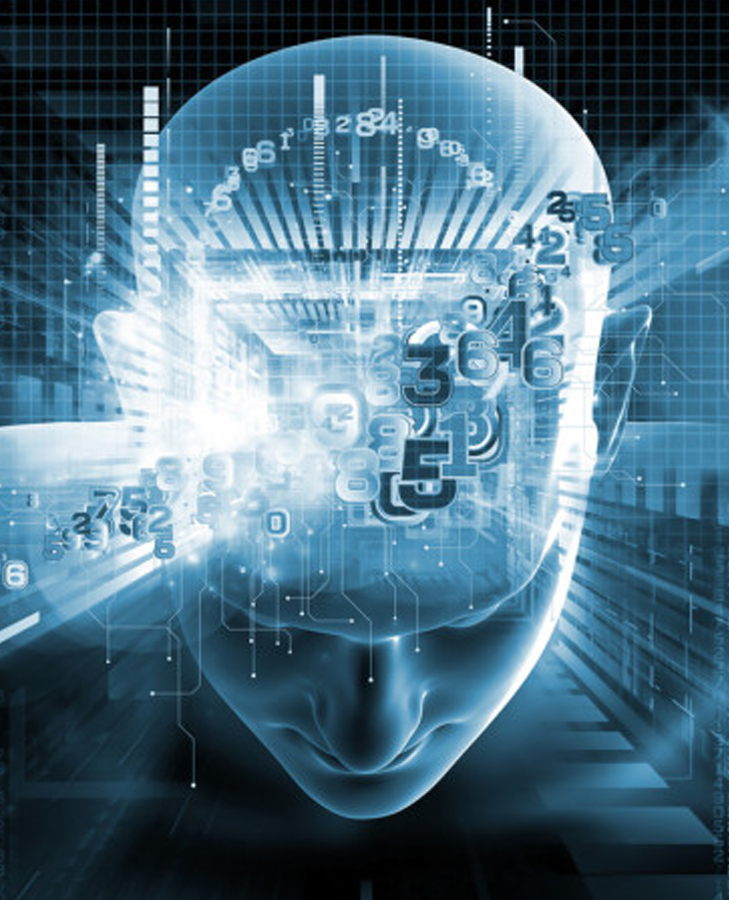By Sanjiv Goyal Featuring Maya Strelar-Migotti
In this article you will learn about:
- The real definition of AI
- The ethics of AI
- Diversity in tech
- Women in leadership
AI Is Here To Stay
AI will soon be woven into every feature of our lives. Regardless of the doomsday predictions and idealized futurist visions, it is an unavoidable milestone in the evolution of humanity.
I spoke with Maya Strelar-Migotti, C-level global executive and innovation maven, about the future of AI. Together we outlined three key conditions necessary in order for AI to reach its full potential.
No matter how hard some may resist it, the seeds have been planted and the technology will continue developing likely bringing a revolution with it. AI will shape our world as drastically as if not more than the iPhone did.
The technology itself is neither good nor bad. As with anything, it is the intention behind its creation and its use that will set the tone and generate beneficial or harmful results.
A gun can be used to hunt for food, to protect someone, or to kill them. The responsibility lies with the person holding it and the supply chain and regulations that created the conditions for its purchase and use. It is the same with AI.
The three things that need to be carefully considered in order to utilize AI as a force for good on our planet have nothing to do with the technology itself, and everything to do with how we implement it.

The Three Keys To Ethical AI Development:
1) Conscious Engagement
2) Rules and Regulations
3) Diversity
#1 Conscious Engagement
This includes conscious creation. Some are saying that we are “outsourcing the job of thinking” to computers and smart devices. On some level that’s true. We are in effect charging computers with menial tasks to free up our time and creativity.
We may be outsourcing complex tasks to AI, and even some programmed decision-making based on high-level inference, but the important decisions are still ours to make. Those include how we design and interface with AI.
In building these systems we must be careful and precise. We should not assume they will work well, or that they will make improvements. We must create intentionally and not slip into idealism or laziness.
At the end of the day, no matter how smart our devices are, the responsibility lies with us.
#2 Rules and Regulations
Unfortunately, most government officials don’t understand the latest technological innovations, nor do they understand their implications.
When forming regulations around AI, not only should tech experts be consulted, they should be the ones writing the regulations. Technologists should either step into leadership roles, or be granted power as a special arm of the government to make regulatory decisions regarding AI, data, and smart technologies.
This needs to happen not only at a local level but at a global level. Just as HTTP was agreed upon to regulate communication over the Internet, we will need similar worldwide agreements in order to ensure the security and ethical use of AI.
#3 Diversity
There has long been a discussion around gender bias and the need for gender diversity in tech. In order for AI to reach its full potential, not only will it call for gender equality, but for the representation of every subset of humanity.
AI needs a sweeping and varied data set in order to be able to make the most accurate predictions. As it will find applications around the globe, we will need people from all walks of life to help design it.
We have already seen problems with AI that is biased along the lines of those creating it. The fastest way to remove that bias is to have all cultures, genders, geographies, ages, and education levels, etc. represented among its architects.
Maya cited an example of AI that was created to read through CVs and make recommendations for candidates to large companies. She pointed out, “AI isn’t Artificial Intelligence, it’s a very sophisticated program which was designed by some super-smart programmer.” This means that it will likely carry the conscious and unconscious biases of its originator.
Thus the AI was only selecting male applicants and had to be shelved. But this is exactly the type of task that AI that had reached its full potential would be optimal for.“If you get 7000 CVs for two positions, you really need some help.”
Conclusion
AI is going to change our world irrevocably for the better. It is up to us to decide whether we want to undergo a steep learning curve or build it ethically from the start. The prerequisite for our success is understanding exactly what we are doing and why.
If we make more space for women like Migotti tech leadership positions, that will be a good start.




